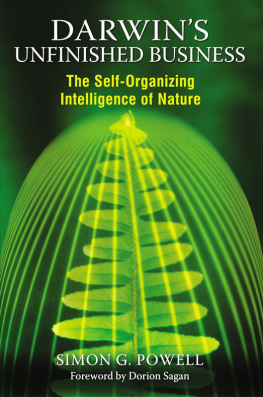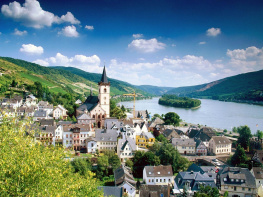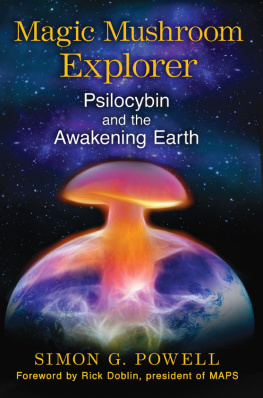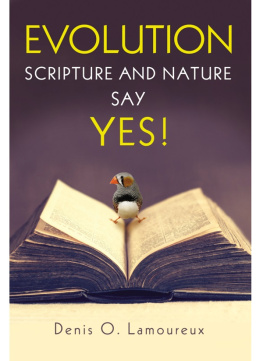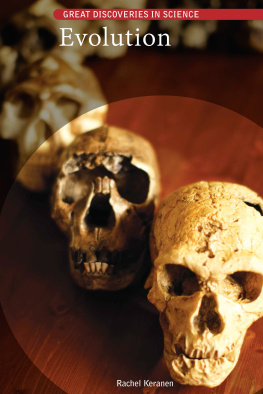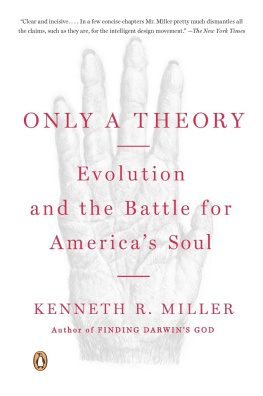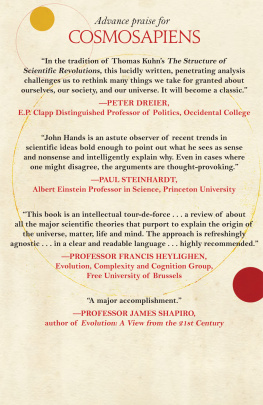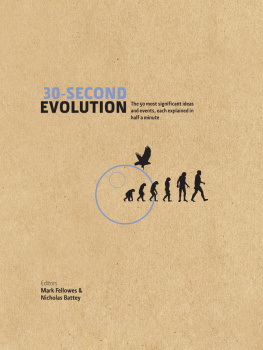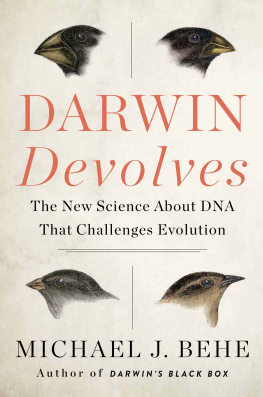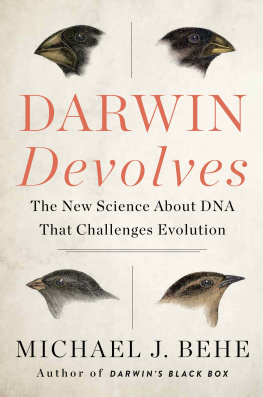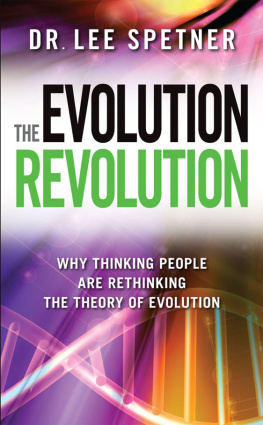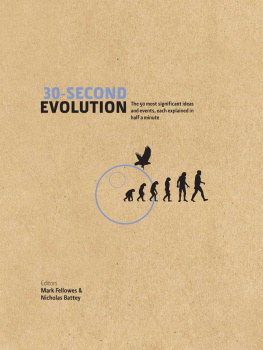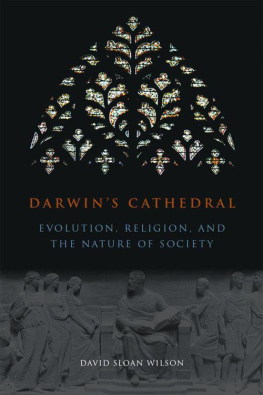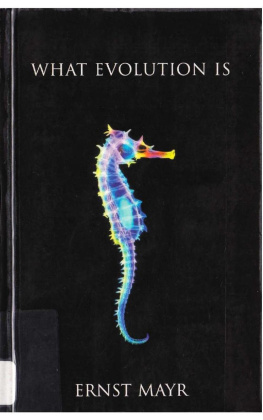Simon G. Powell - Darwins Unfinished Business: The Self-Organizing Intelligence of Nature
Here you can read online Simon G. Powell - Darwins Unfinished Business: The Self-Organizing Intelligence of Nature full text of the book (entire story) in english for free. Download pdf and epub, get meaning, cover and reviews about this ebook. year: 2011, publisher: Inner Traditions/Bear & Company, genre: Religion. Description of the work, (preface) as well as reviews are available. Best literature library LitArk.com created for fans of good reading and offers a wide selection of genres:
Romance novel
Science fiction
Adventure
Detective
Science
History
Home and family
Prose
Art
Politics
Computer
Non-fiction
Religion
Business
Children
Humor
Choose a favorite category and find really read worthwhile books. Enjoy immersion in the world of imagination, feel the emotions of the characters or learn something new for yourself, make an fascinating discovery.
- Book:Darwins Unfinished Business: The Self-Organizing Intelligence of Nature
- Author:
- Publisher:Inner Traditions/Bear & Company
- Genre:
- Year:2011
- Rating:4 / 5
- Favourites:Add to favourites
- Your mark:
Darwins Unfinished Business: The Self-Organizing Intelligence of Nature: summary, description and annotation
We offer to read an annotation, description, summary or preface (depends on what the author of the book "Darwins Unfinished Business: The Self-Organizing Intelligence of Nature" wrote himself). If you haven't found the necessary information about the book — write in the comments, we will try to find it.
Refutes the orthodox view of evolution as a mindless process driven by chance
Explains why context is more important than mutation in evolutionary innovation
Shows how, by recognizing Natures innovative and creative powers, we can overcome our social and environmental challenges with a new green science of evolution
Darwins theory of evolution is undoubtedly one of the most important scientific ideas of the modern age, explaining the existence of both life and consciousness without recourse to divine intervention. Yet how do we interpret evolution? How do we evaluate the ability of Nature to engineer something as exquisite as the genetic code or the human brain? Could it be that evolution is an intelligent process? Is Nature smart? According to most scientists, the answer is no. While humanity may be intelligent and purposeful, the natural processes that crafted us are deemed to be devoid of such attributes.
In a radical move away from orthodoxy, Simon G. Powell extends Darwins vision by showing that evolution is not just about the survival of the fittest but rather the survival of clever and sensible behavior. Revealing the importance of the context in which things evolve, he explores the intelligent learning process behind natural selection. Rich with examples of the incredibly complex plants, animals, insects, and marine life designed by Naturefrom the carnivorous Venus flytrap and the fungus-farming leafcutter ant to the symbiotic microbes found inside the common cowhe shows Nature as a whole to be a system of self-organizing intelligence in which life and consciousness were always destined to emerge. Examining the origins of life and the failure of artificial intelligence to compete with natural intelligence, he explains how our scientifically narrow-minded views on intelligence are now acting as a barrier to our own evolution. As Darwins unfinished business comes to light and Natures intelligence is embraced, we learn that Natures agenda is not simply the replication of genetic matter but of expanding consciousness. By working with Natures creative and innovative powers instead of against them, we can address todays social and environmental challenges with a new green science of evolution.
Simon G. Powell: author's other books
Who wrote Darwins Unfinished Business: The Self-Organizing Intelligence of Nature? Find out the surname, the name of the author of the book and a list of all author's works by series.

